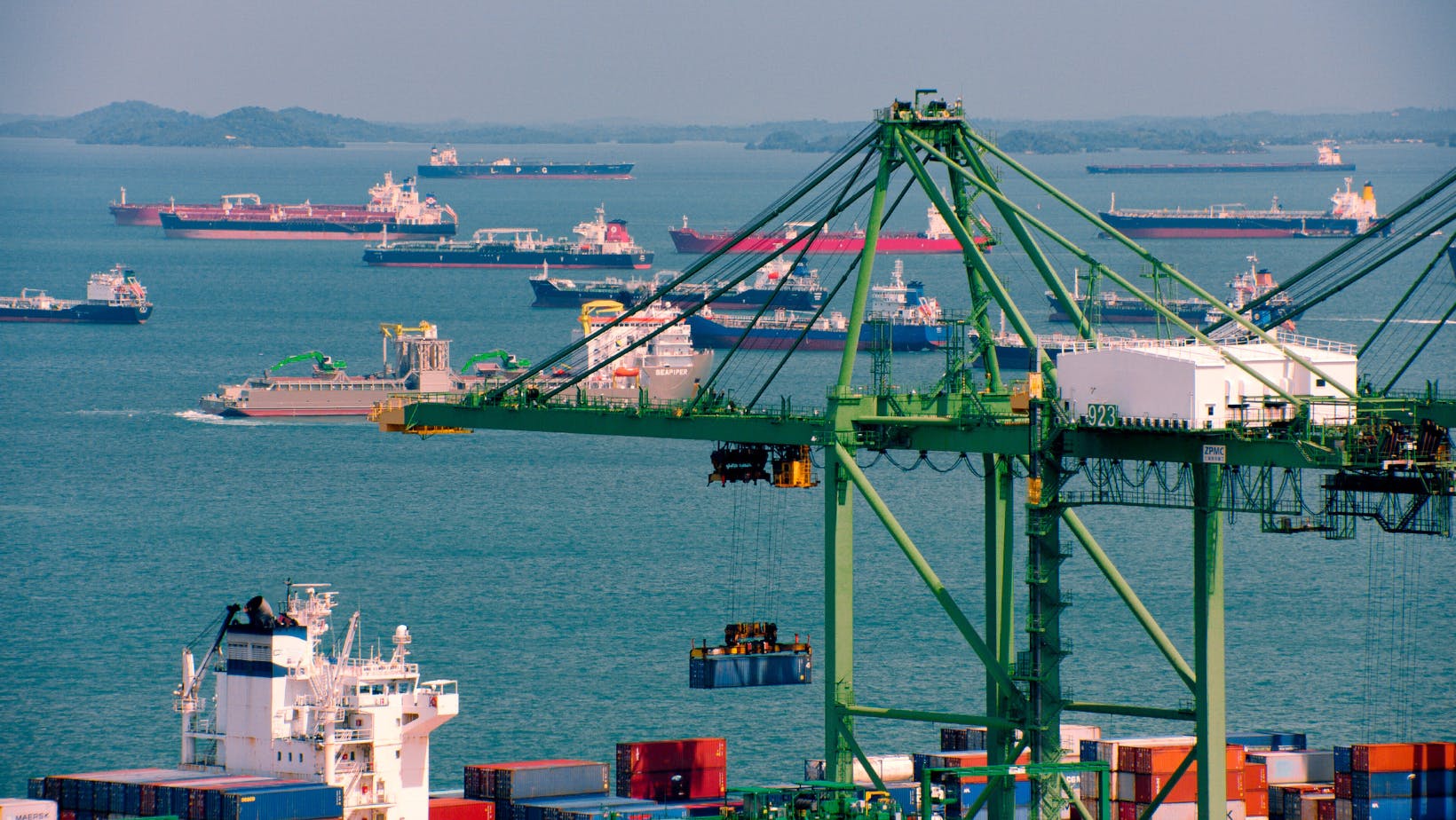Just-in-Time Port Call
Standard documentation



The complete framework of Just-in-Time Port Call supports digital port call planning, increased operational efficiency and optimal resource utilisation.
By moving container shipping towards a Just-in-Time port call process, DCSA port call implementation framework will enable container ships to optimise their steaming speed, thereby lowering fuel consumption and reducing greenhouse gas emissions.
Together, DCSA Just-in-Time Port Call standard and DCSA standards for Operational Vessel Schedules (OVS), which enable automatic sharing of schedule information between vessel operators and their partners, create a more transparent vessel voyage ecosystem.
As part of the Just-in-Time Port Call standard, DCSA has also published API definitions for the Just-in-Time Port Call on SwaggerHub, an open–source API development platform. Carriers can use these definitions to rapidly implement DCSA standard-compliant APIs.
As part of the DCSA Just-in-Time Port Call framework, DCSA and its member carriers have published port call data definitions, interface standards and messaging API (application programming interface) specifications for 112 event timestamps, which address the 6 main parts of a port call:
Whether you are a terminal, solution provider, or ocean carrier interested in implementing an API based on this standard, go to the Developer Portal or reach out to us for additional information.
Whether you are a terminal, solution provider, or ocean carrier interested in implementing an API based on this standard, go to the Developer Portal or reach out to us for additional information.

Below an overview of all documentation for the different releases. Make sure to always adopt the latest release.
2022